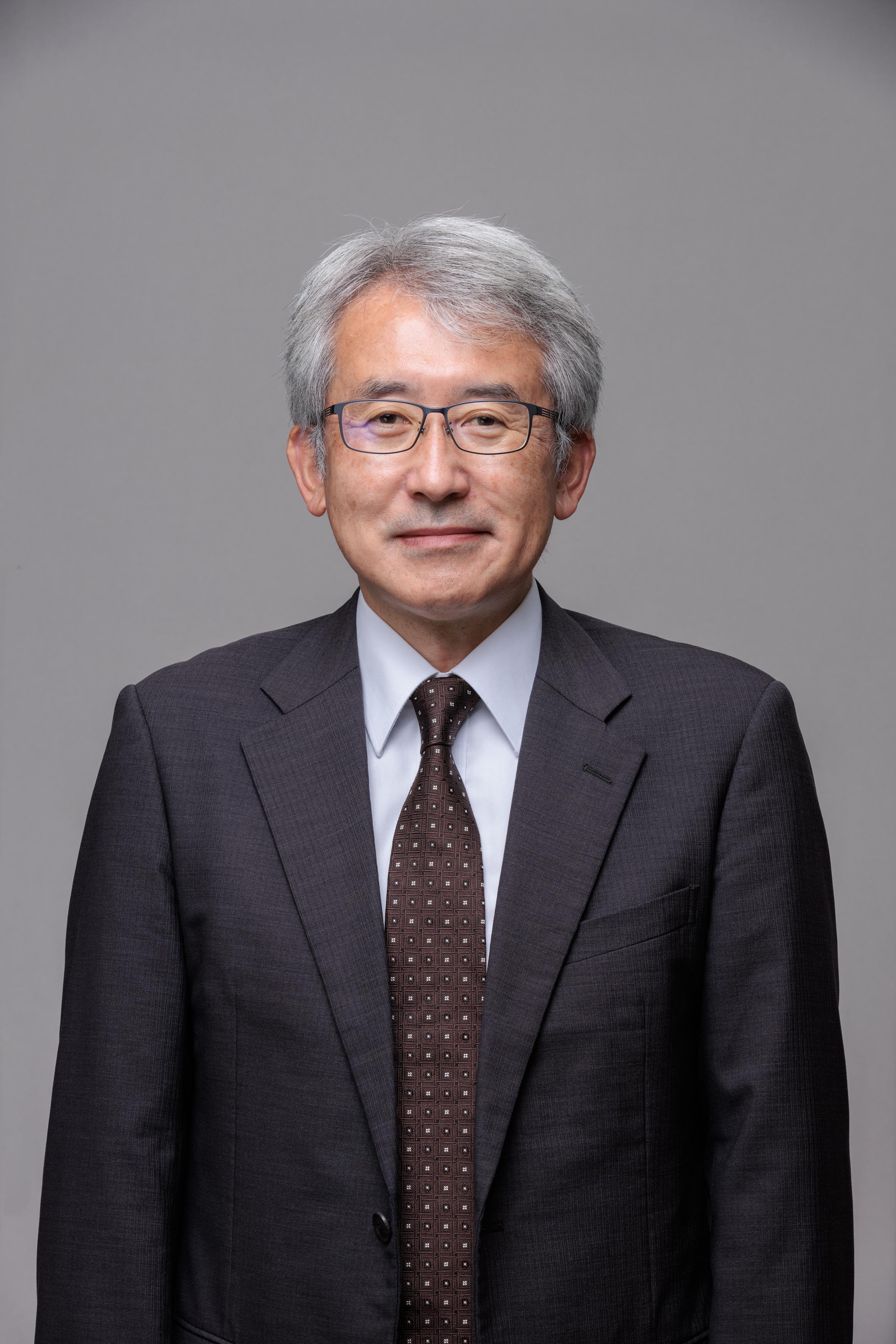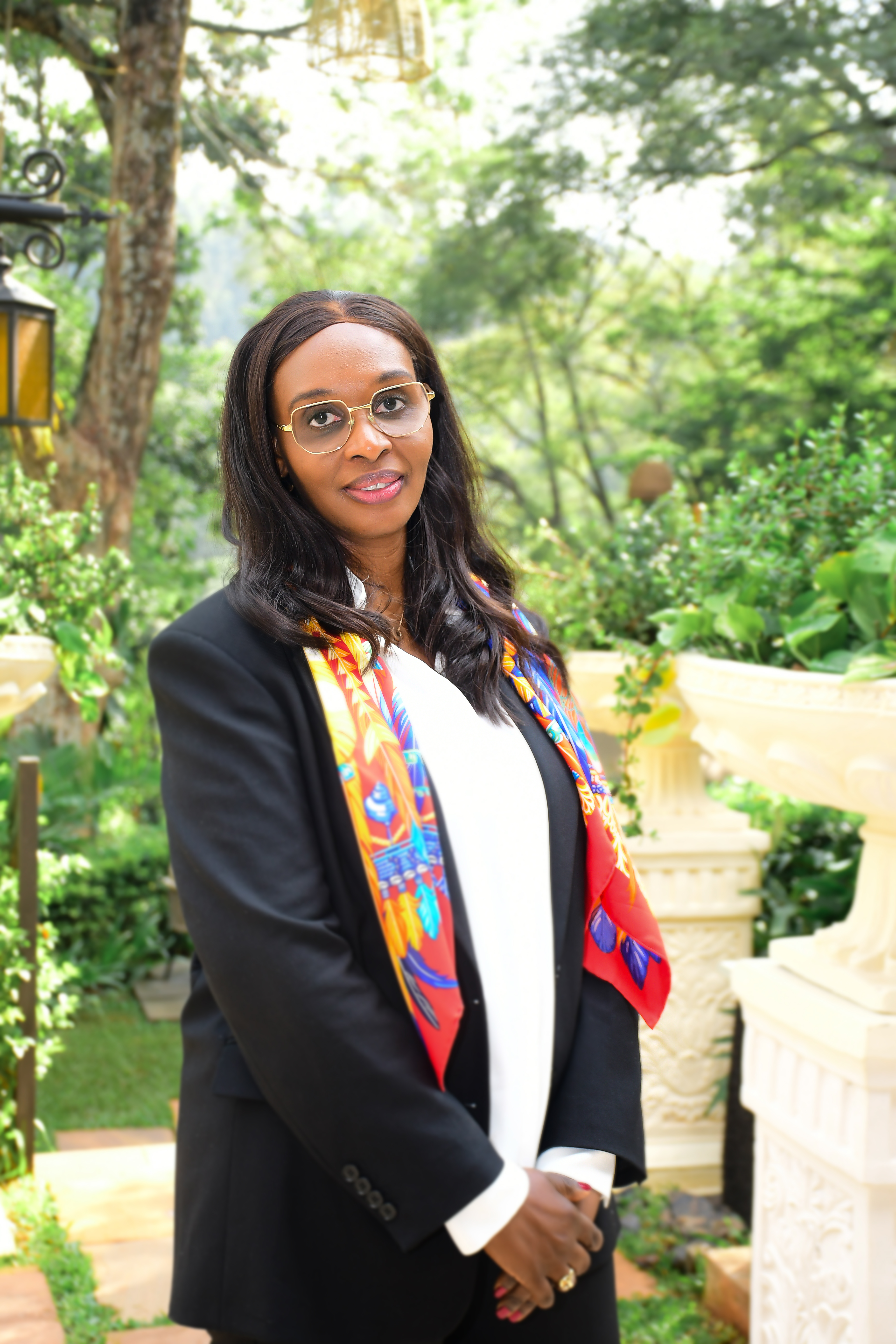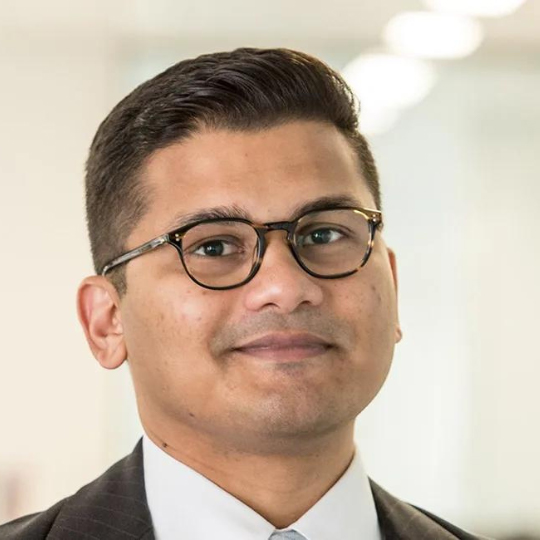Impact Investing for Development of Emerging Africa to Achieve SDGs
August 22, 2025 09:00-11:00(JST)
- Date
- 2025/8/22 (Fri)09:00-11:00(JST)
- Field
- Impact investment
- Venue / Event Format
- Yokohama Bay / Hybrid (In-person and Online)
- Co-Host
- AfDB、BII
Background
- The funding needs for achieving the SDGs are enormous, and Africa has a significant role to play. The total funding required to achieve the SDGs by 2030 is estimated at 4 trillion US dollars, with Africa accounting for approximately 40% of that amount, or 1.6 trillion US dollars (2023, UNSD, UNCTAD). Additionally, while Africa accounts for less than 3% of global GDP, it has a population size representing approximately 17% of the world's total and is home to the world's largest absolute poverty population (2021, OECD, UNDP). Therefore, Africa's role in achieving the SDGs and addressing global challenges is extremely significant.
- On the other hand, mobilization of funds for Africa has not progressed sufficiently, and given the funding gap, the utilization of private funds is indispensable. SDG-related investment in Africa accounts for less than 10% of the global total, and per capita investment is only US$100 per year (compared to US$3,000-5,000 in developed countries in Europe and the US). Despite the importance of its role, Africa has not made significant progress in mobilizing funds (2021, OECD, UNDP). In particular, private capital is essential to meet the enormous funding needs, in addition to fiscal spending by local governments and funding from development assistance agencies. On the other hand, there is a huge funding gap and imbalance in financial access for the private sector. Nearly 60% of adults in Sub-Saharan Africa do not have a bank account (2021, WB), and the funding gap for small and medium-sized enterprises amounts to 20% of GDP (2025, IFC).
- Under these circumstances, the impact investment market is rapidly expanding worldwide. Impact investment seeks not only commercial returns but also social returns. The amount of assets under management for impact investment in Africa expanded approximately threefold from US$4 billion in 2015 to US$11 billion in 2022 (GIIN, 2022). Despite occasional fluctuations driven by international public opinion, there is a growing global trend toward impact investing, rooted in universal human values, to support the achievement of the SDGs in Africa.
Key Questions
- What are the challenges for promoting impact investing in Africa?
- What roles are expected of and should be played by development finance institutions, regional development finance institutions, private financial institutions, and private companies in promoting impact investing in Africa?
- How can collaboration among stakeholders be promoted in promoting impact investing in Africa?
Objective
In this side event, following a keynote speech by JICA on promoting impact investing in Africa, Atieno Otonglo of GSG Impact will moderate a panel discussion featuring Aida Ndir Ngom, Director of the Private Sector Development Department of AfDB, Chirantan Patnaik, Head of the Venture Capital Department of BII, and Hironari Kagami, Executive Director, Deputy Head of Export Development Solutions of SMBC, will engage in a multifaceted discussion on impact investing and co-creation in Africa, as well as introduce initiatives to mobilize private capital for Africa.Speakers
Opening Remarks

- Mikio Hataeda
- JICA: Senior Vice President
- Masahiro Juraku
- JICA: Director of Private Sector Investment Finance Division 2
Moderator

- Atieno Otonglo
- GSG Impact: Manager
Panelist

- Takehiro Yasui
- JICA: Director General, Private Sector Partnership and Finance Department

- Aida Ndir Ngom
- AfDB: Director, Private Sector Development Department

- Chirantan Patnaik
- BII: Director, Venture Capital

- Hironari Kagami
- SMBC: Deputy Head of Export Development Solutions Executive Director
Closing Remarks

- Solomon Quaynor
- Vice-President Private Sector, Infrastructure & Industrialization - African Development Bank Group


